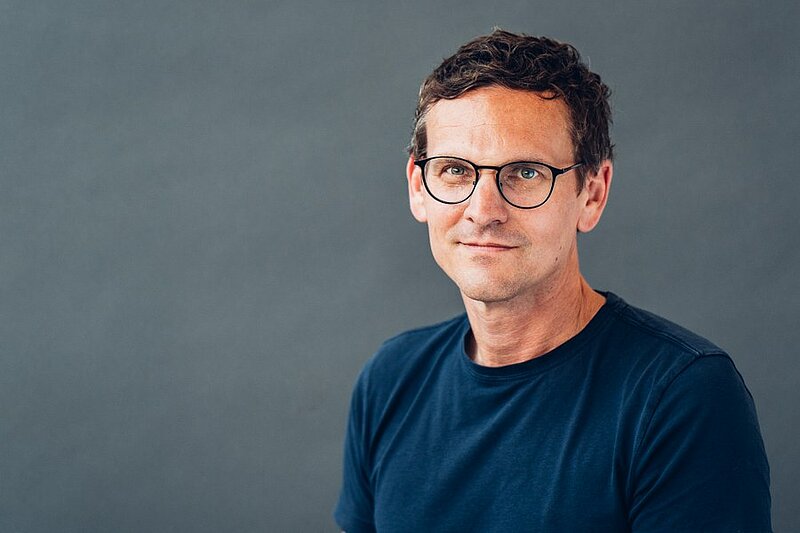Genetic mutations and rearrangements are a hallmark of cancer. They can lead to gene fusions, where genes that are normally separate, fuse together and produce hybrid proteins, known as oncofusion proteins. Such oncofusion proteins have an abnormal structure and function. They are particularly common in childhood cancers, where researchers point them out as the major driver of cancer development.
“There are many different oncofusion proteins, but we now realize that they seem to work through a common mechanism,” explains Prof. Alberti, research group leader at Biotechnology Center (BIOTEC) of TU Dresden. “These rogue proteins bind to one another and form concentrated clusters of interconnected proteins. These so-called condensates disrupt normal gene expression inside the cancer cell, fueling tumor development. Understanding the detailed molecular mode of action of oncofusion proteins will open the door to the development of new cancer treatments.”
Using the experience of 15 years of cutting-edge research into cellular condensates, Prof. Simon Alberti and his group will now study the role of protein condensates in cancer. Drawing on their previous discoveries in neurodegenerative diseases, the group will use cutting-edge biochemical and biophysical approaches to understand how oncofusion proteins hijack normal cellular processes. The research has the potential to revolutionize cancer cell biochemistry and open new avenues for therapeutic approaches. The project is funded with 900,000 euros by the “Momentum” program of the Volkswagen Foundation.
“In contrast to the previous research, we won’t be focusing on individual proteins. We are going to explore the collective properties of many proteins inside oncocondensates and look for mechanisms that can be harnessed for new therapeutic approaches,” adds Prof. Alberti.
The Volkswagen Foundation's Momentum funding line is aimed at academics from all disciplines in the first three to five years after taking up their first lifetime professorship. The funding is intended to open up scope for new thinking in research and teaching in everyday university life. The focus is on strengthening the diversity of research and the creativity of research personalities in German universities.
Congratulations to the Alberti lab!
